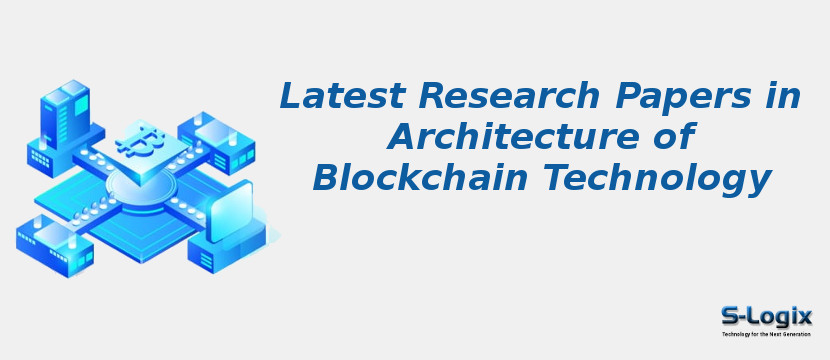Architecture of blockchain technology is a key research area that focuses on the structural design, components, and organizational principles underlying blockchain networks. It encompasses the design of decentralized ledger systems, consensus mechanisms, network topology, data structures (e.g., Merkle trees, hash chains), smart contract frameworks, and permissioned versus permissionless models. Early studies examined Bitcoin’s blockchain architecture and transaction flow, while later research extended to modular and scalable platforms like Ethereum, Hyperledger Fabric, and Corda, emphasizing flexibility, interoperability, and multi-layered design. Architectural research also explores off-chain and layer-2 solutions, sharding, sidechains, and hybrid models to improve scalability, throughput, and latency. Applications cover cryptocurrencies, decentralized finance (DeFi), supply chain management, healthcare, IoT, and secure peer-to-peer systems. Current studies highlight energy-efficient design, security and privacy considerations, modularity, and integration with emerging technologies like AI and edge computing, establishing robust and scalable blockchain architectures for diverse industrial and enterprise applications.
